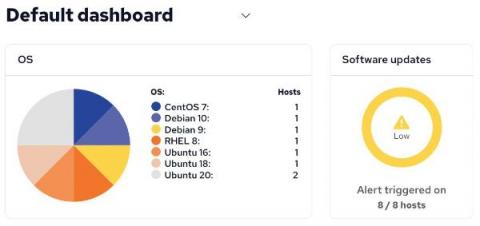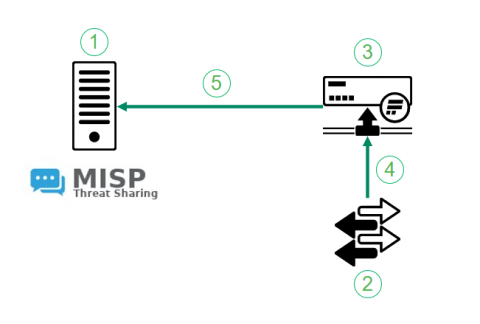Don't be held to ransom: Security awareness with Platform.sh
Ransomware is an ever-evolving type of malicious software (a.k.a malware) in which an attacker encrypts the files on a victim’s device, rendering it inaccessible and unusable. Then - you guessed it - they demand a ransom from the target before they’ll fix it. Not something any organization ever wants to deal with, and not something any organization has to deal with if they have the right measures in place to minimize the risk. Let’s talk about how!











